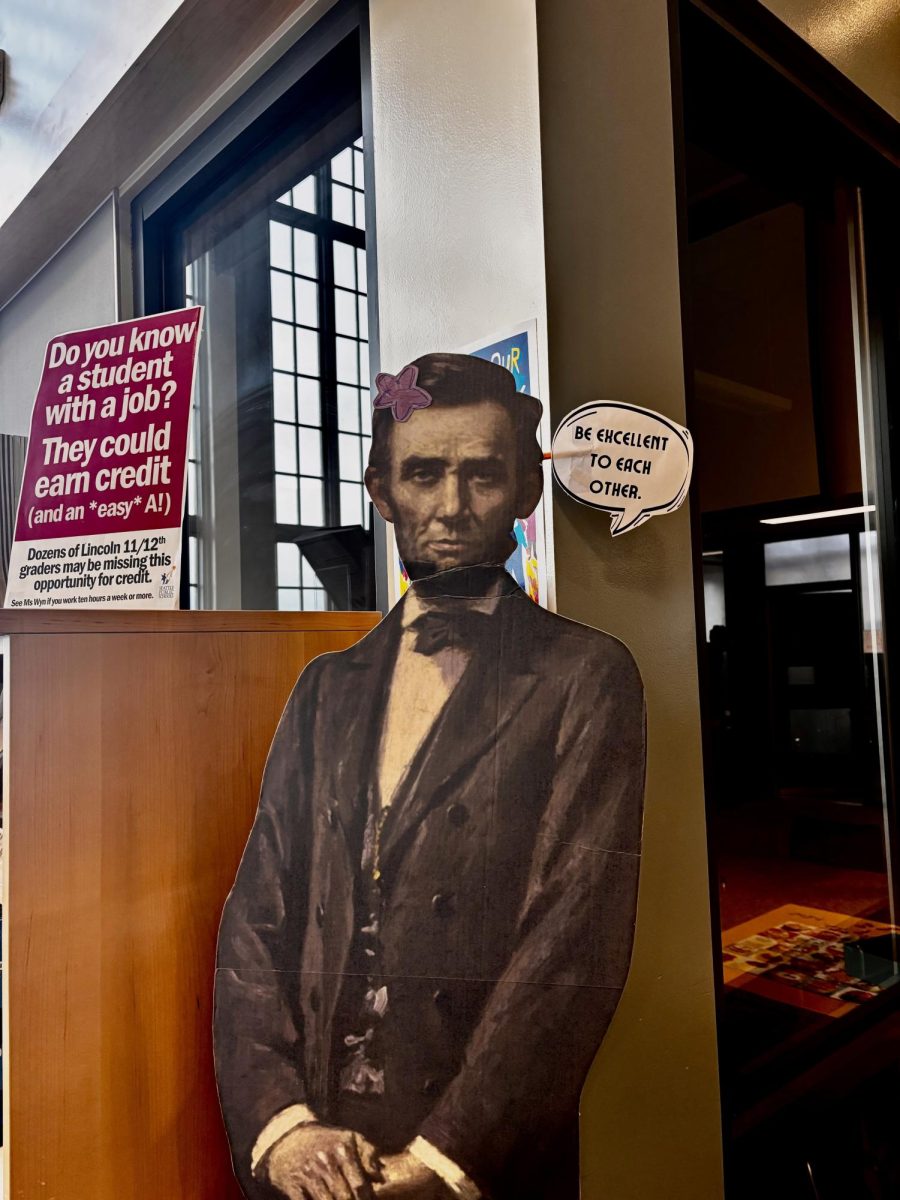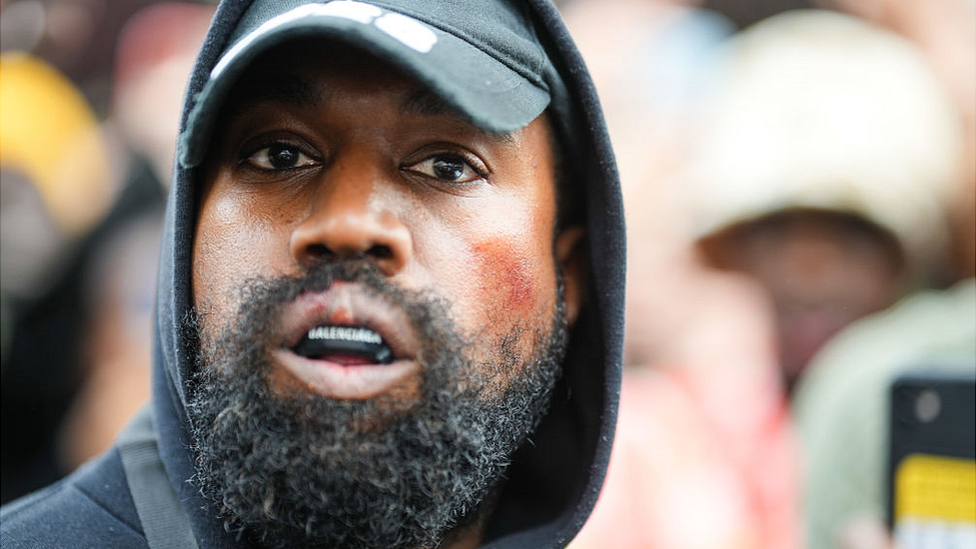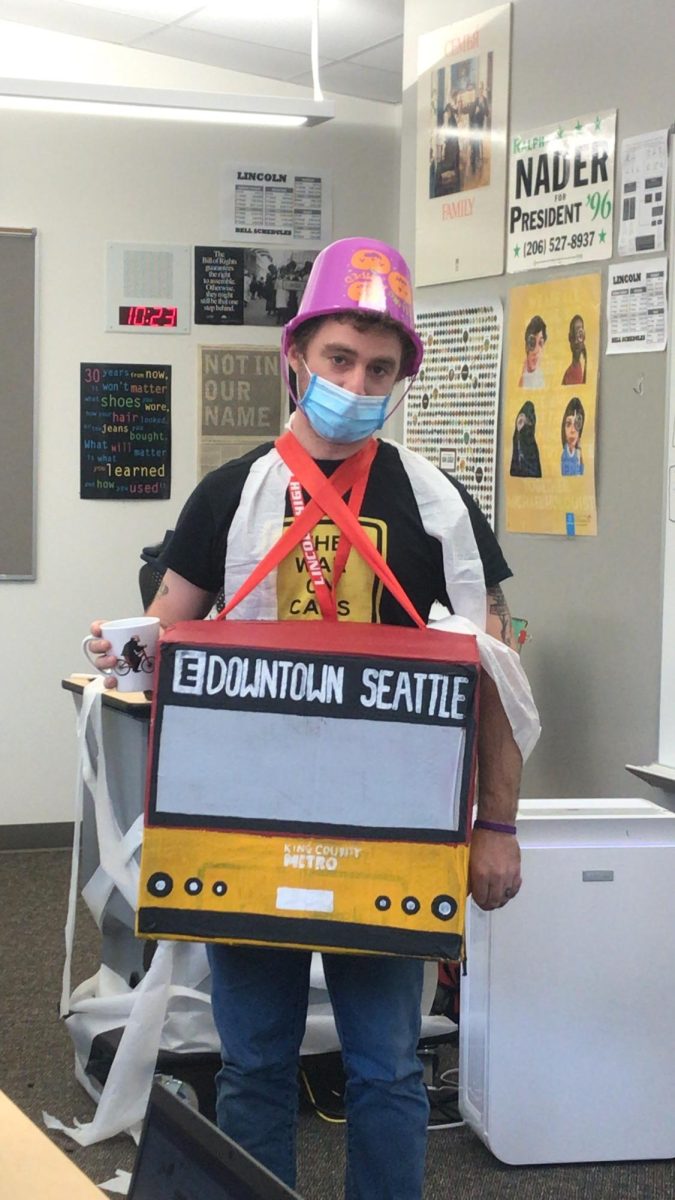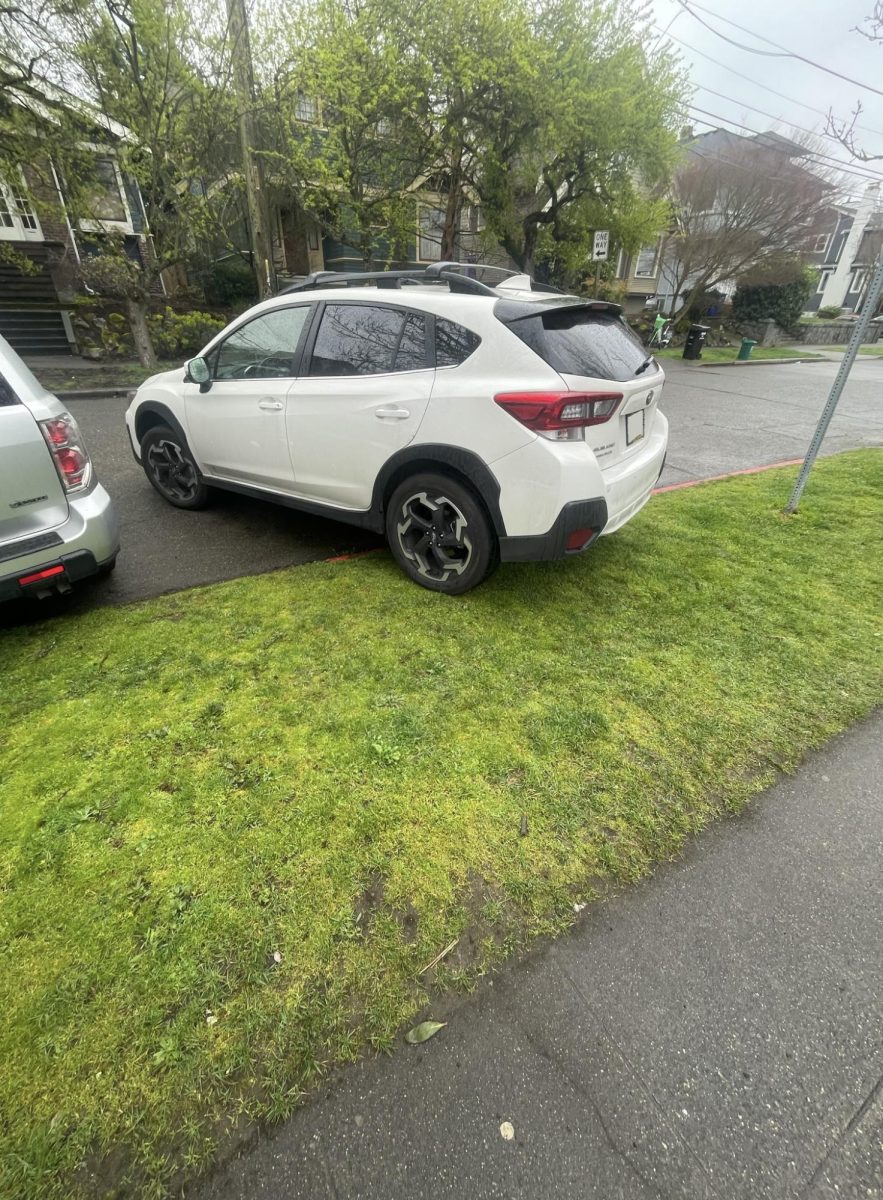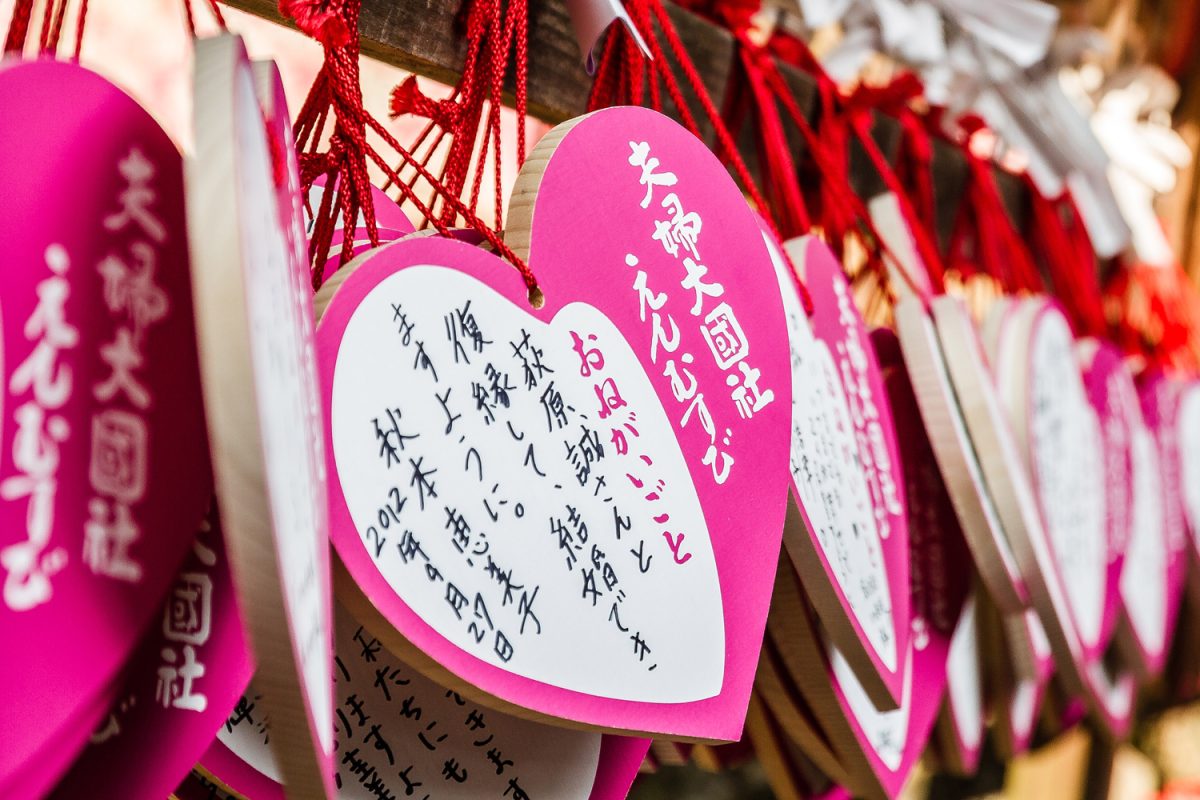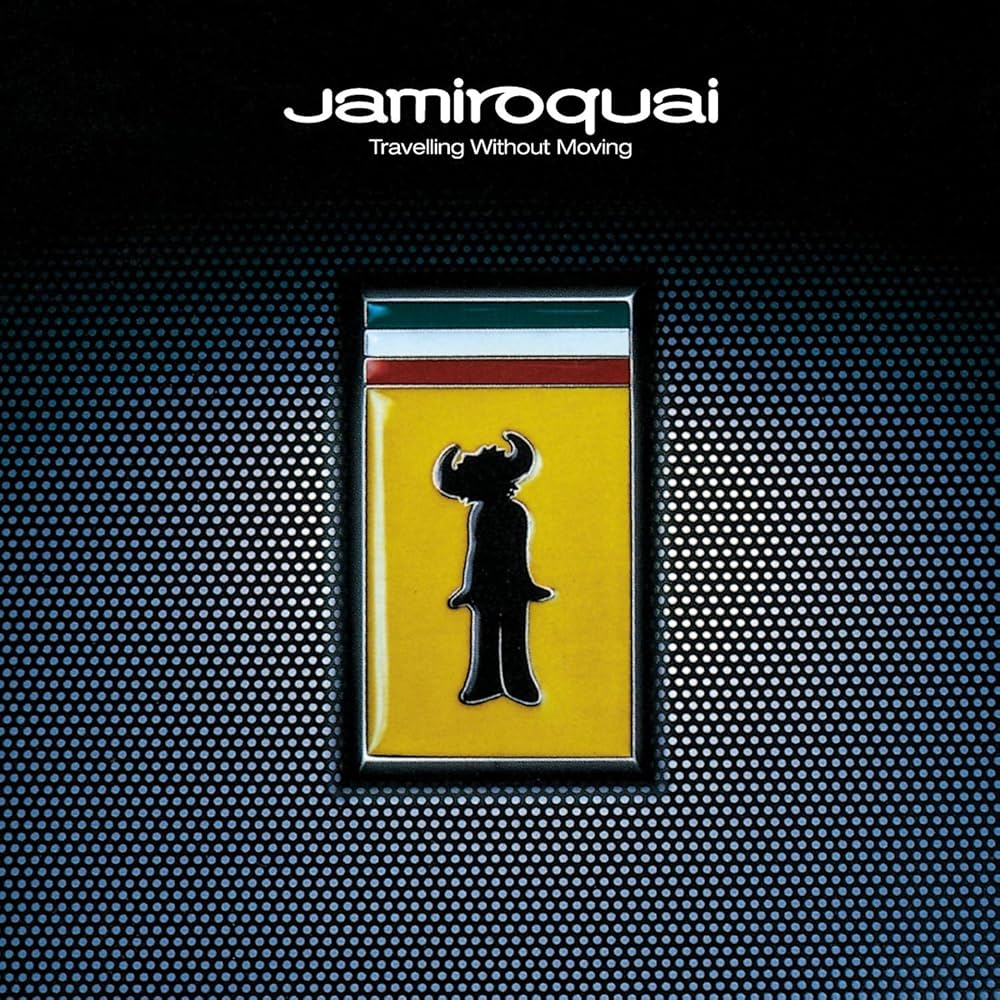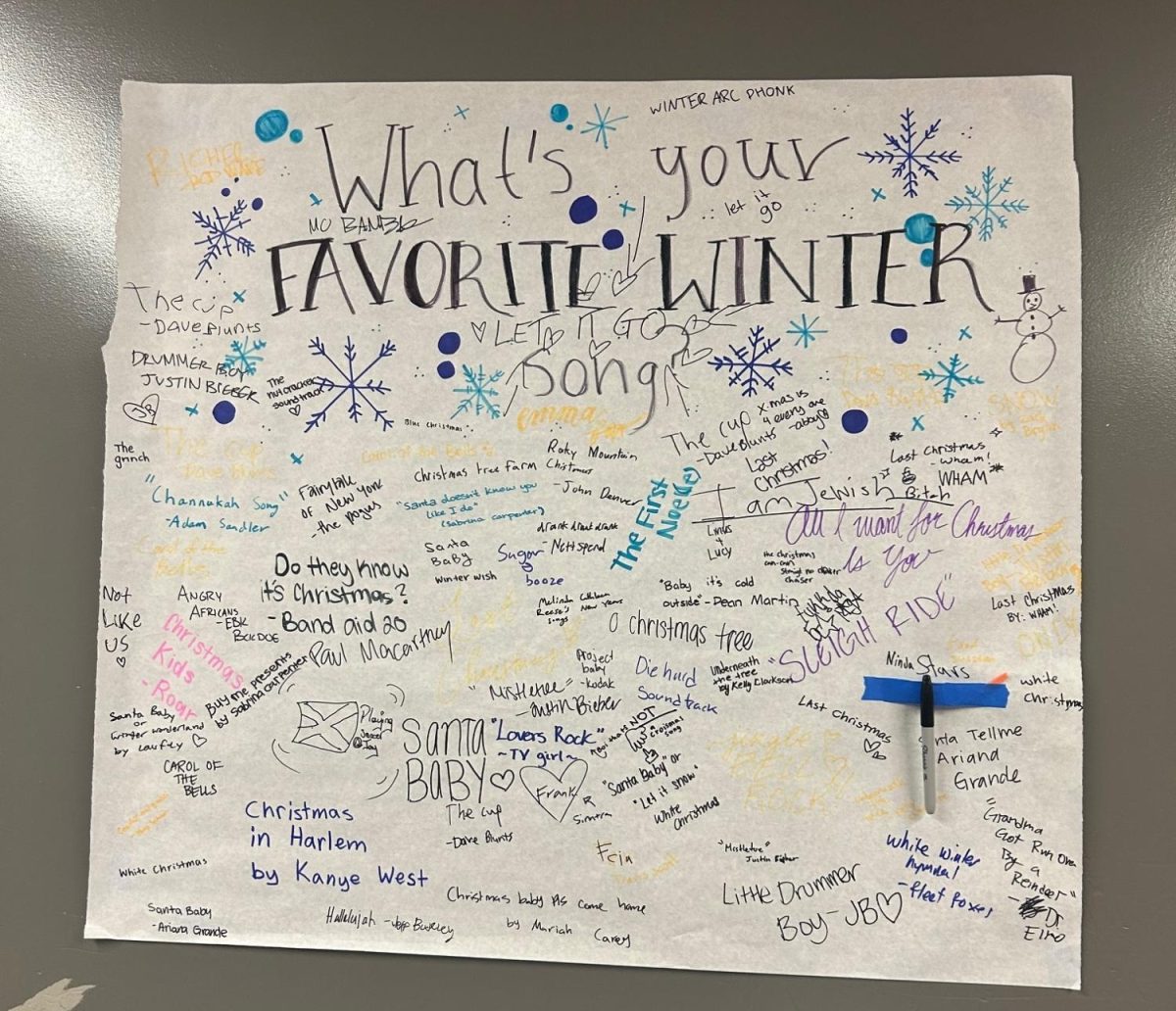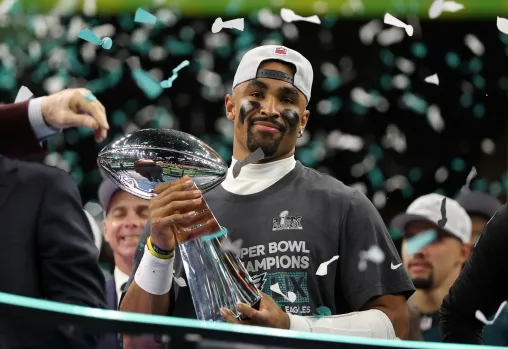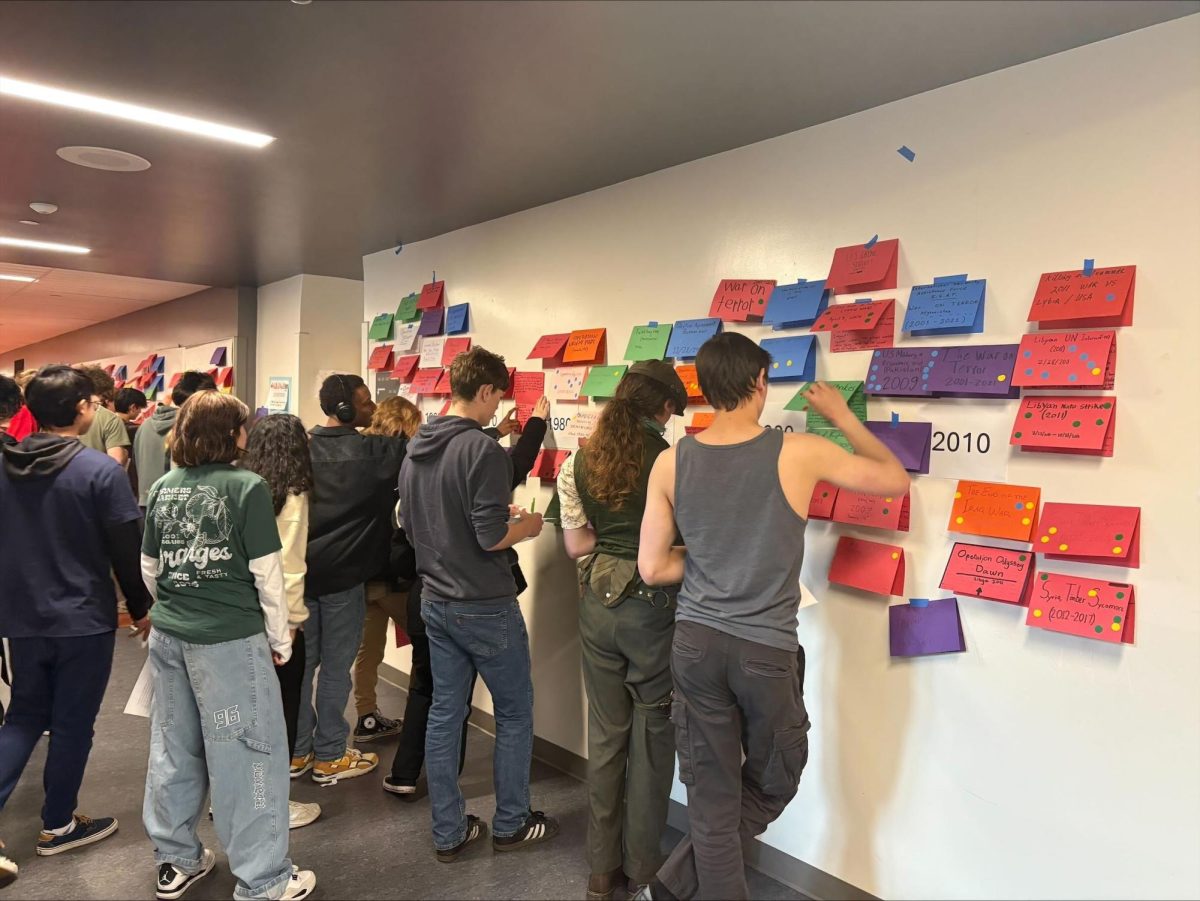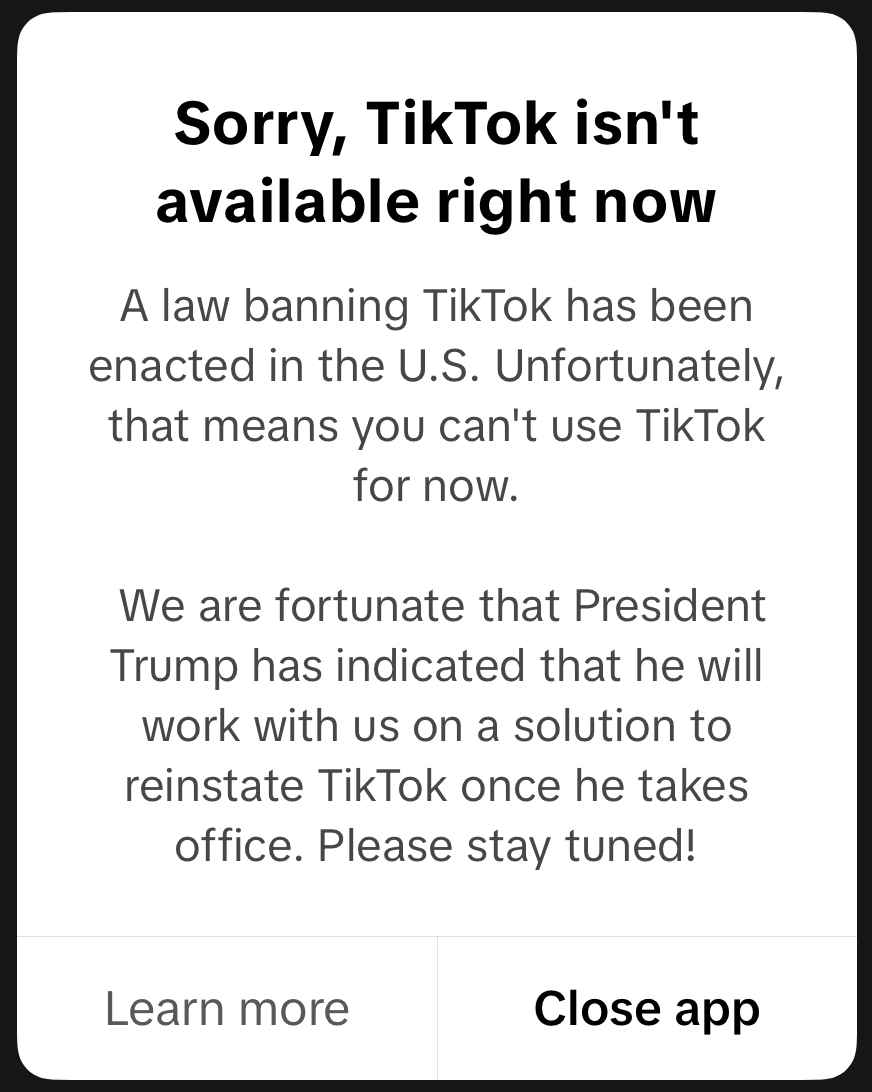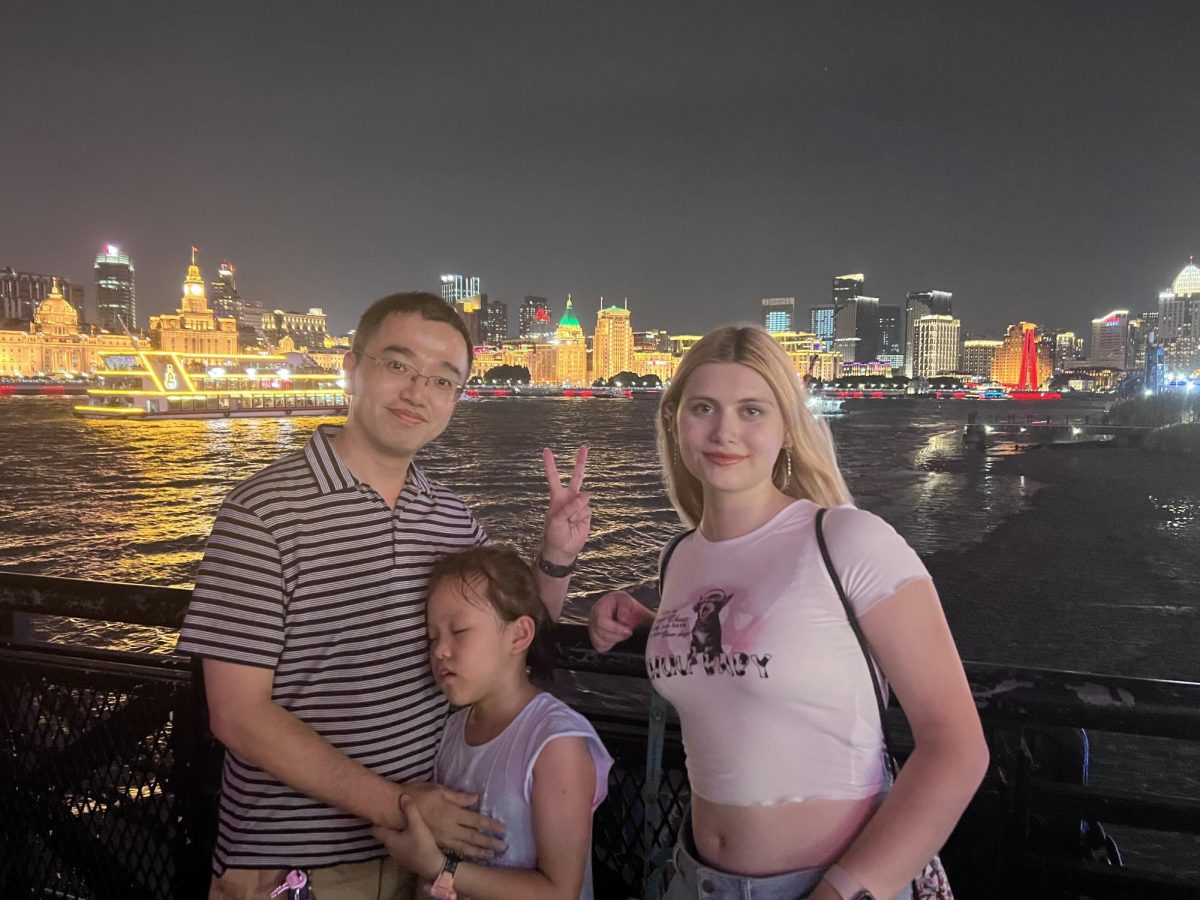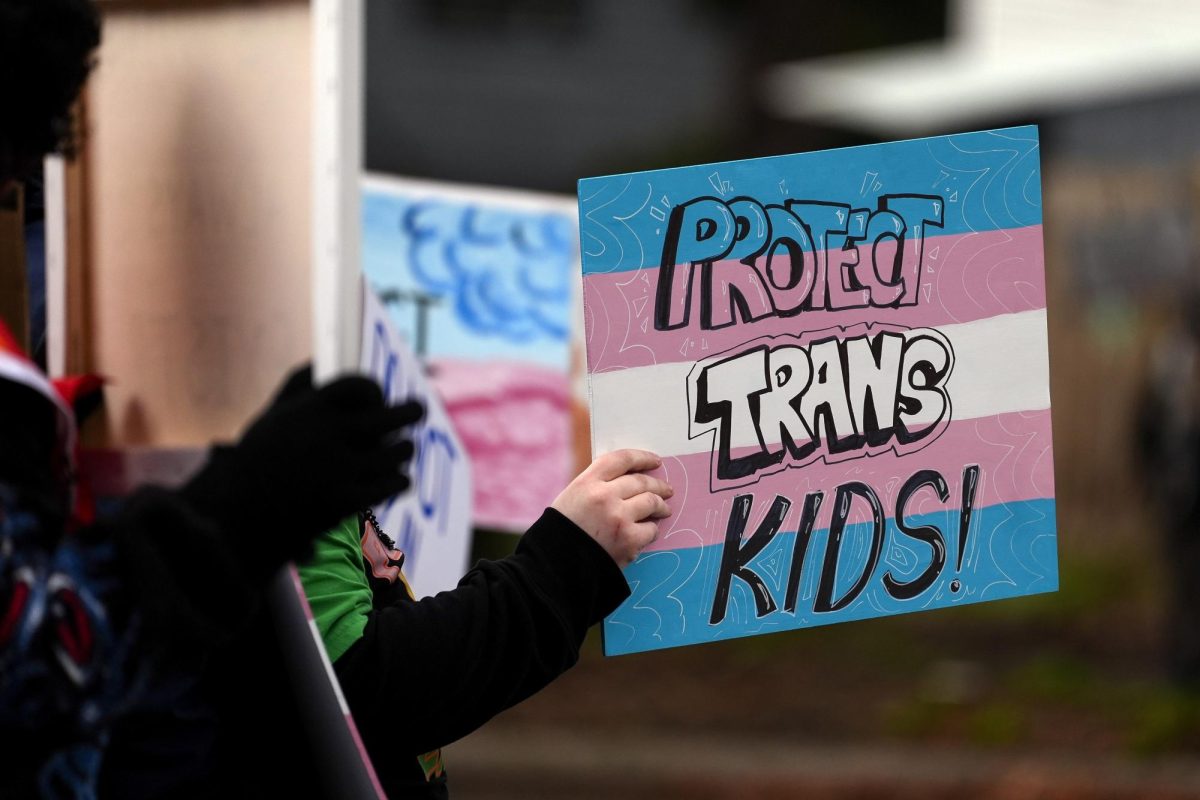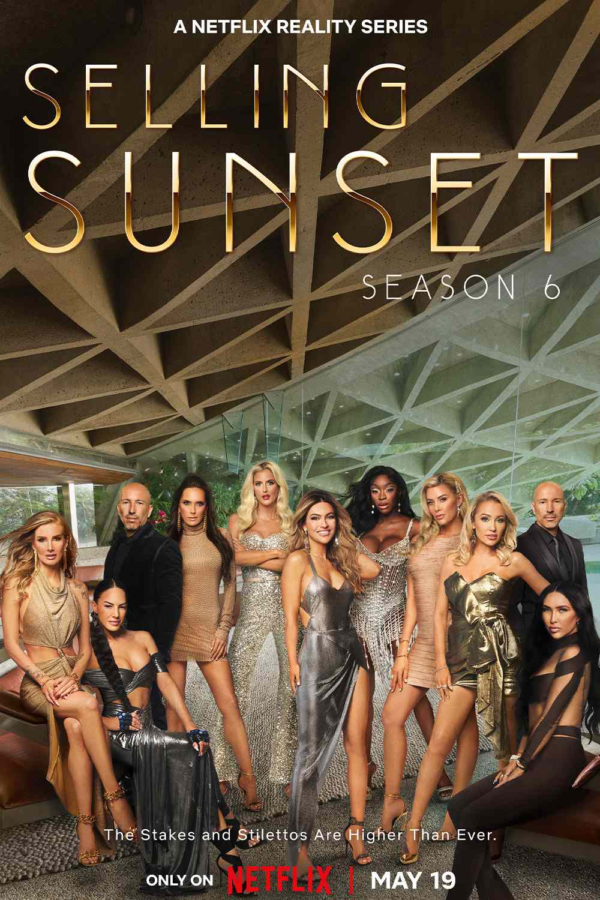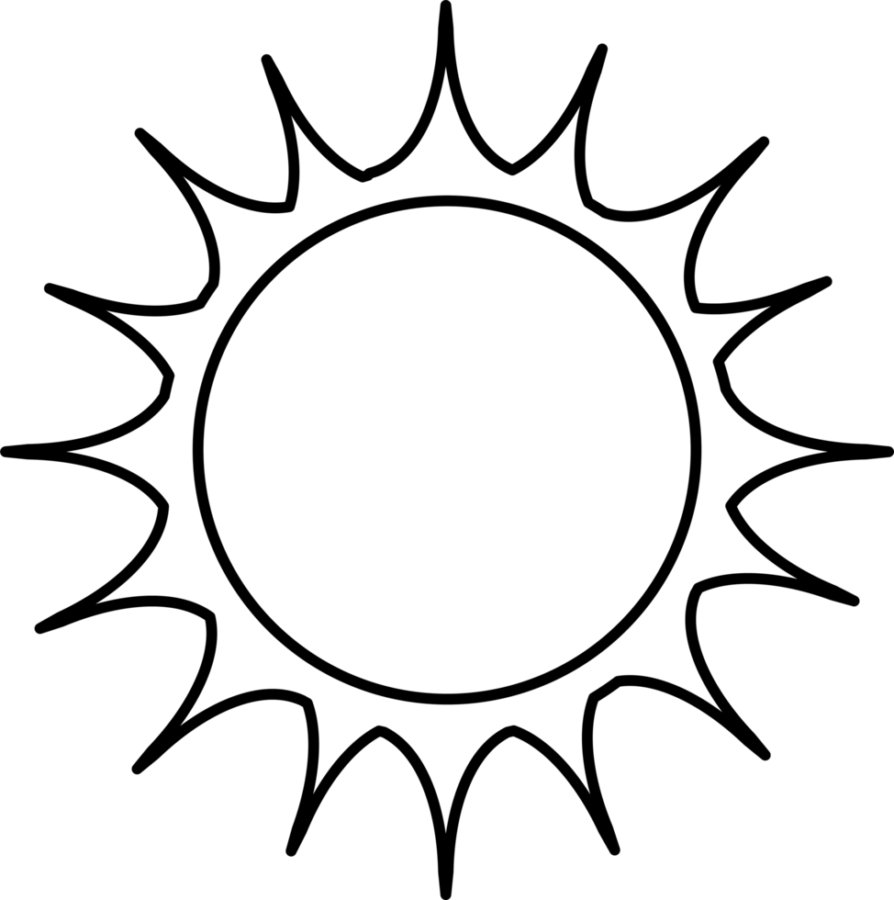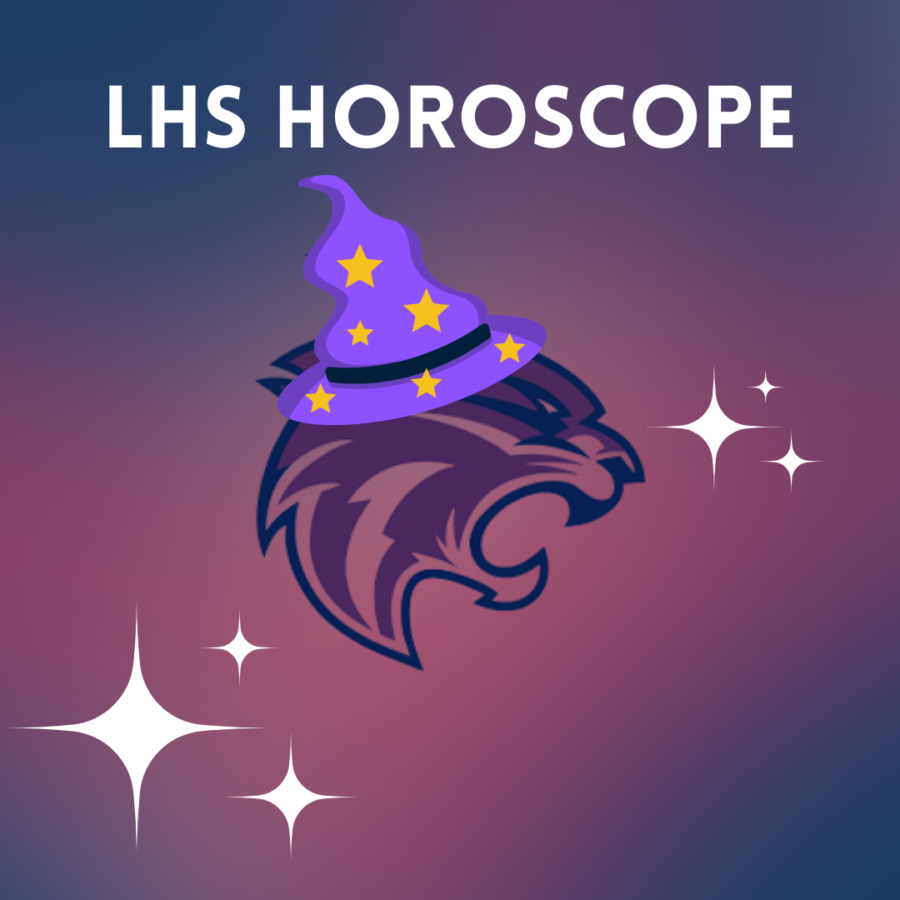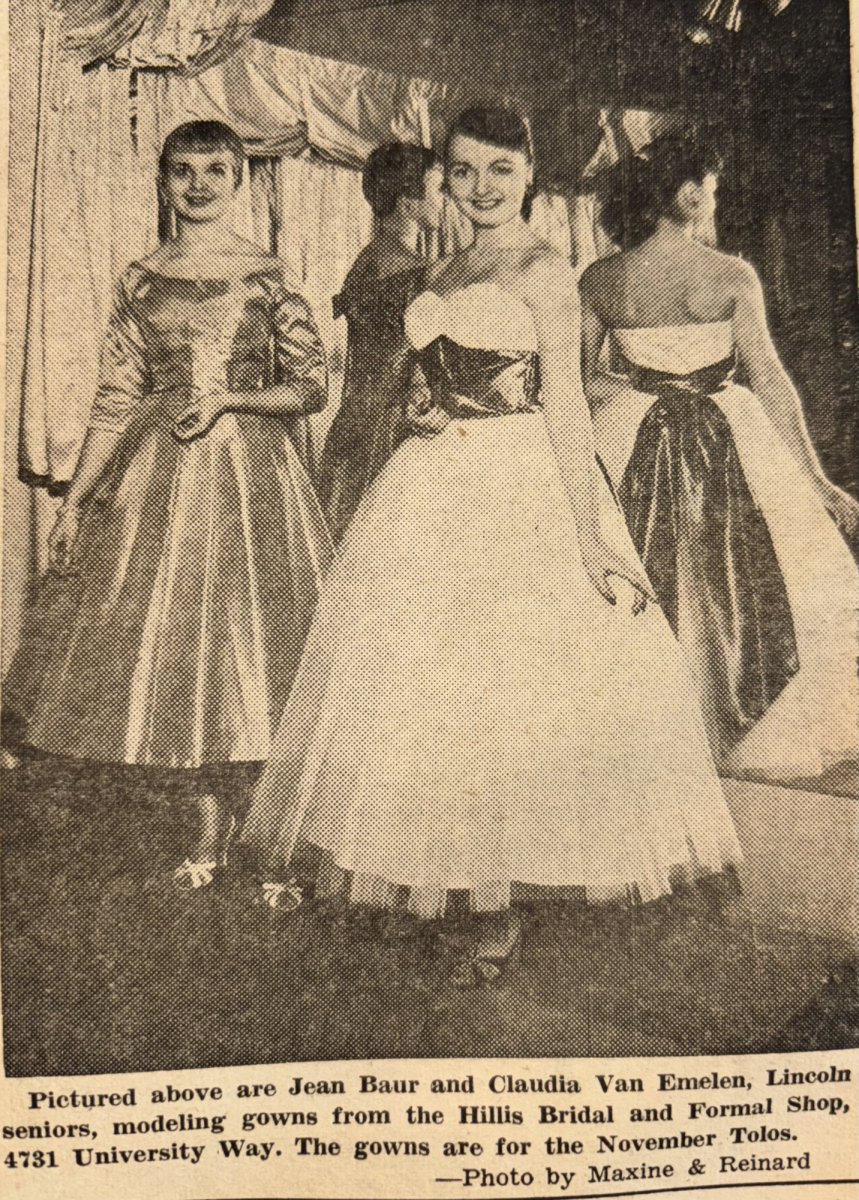On January 19th, 2025, an order was put into place by the supreme court for a TikTok ban. It was originally set by former U.S. President Joe Biden in a response to national security concerns over the Chinese government’s potential ability to exploit information and data of American users, but the decision was left to current President, Donald Trump.
When the app shut down, TikTok issued a notice stating, “We are fortunate that President Trump has indicated that he will work with us on a solution reinstate TikTok, once he takes office. Please stay tuned!”
Many people were left distraught, especially those whose income comes from the app. Since then, an executive order by U.S President Donald Trump was made that gives TikTok 75 days to find a U.S. buyer before the app is fully unavailable.
TikTok was banned for a total of about 12 hours, and was still working if you had the app already downloaded. However it was unavailable in the app store in the United States, until February 13th, when it was brought back and available for download.
TikTok should not be banned from the U.S. app store because it is a way for many young people to connect online all around the world. It provides a welcoming environment where many people can find a community and express themselves without being judged.
The TikTok ban was unnecessary and an act of propaganda, not an act of national security. TikTok announced that President Trump was making an effort to bring it back before he was in office. It is considered propaganda if it is perceived as a tool or way to shape a public opinion, control narratives, or distract from other political issues. These are all common theories and propaganda tactics typically used by governments.
The ban is justified on the basis that the app is a national security threat, due to concerns about Chinese government influence. If the U.S government implements a temporary ban during a politically vulnerable time (before elections or during scandals), it would be a tactic to divert the attention from more pressing issues in the country, a technique known as the “Wag The Dog” phenomenon. TikTok has become a platform for political activism and provides many alternative narratives for many issues. A ban would suppress voices, especially if the government fears criticism from younger demographics.
Although TikTok and social media in general can be harmful to some people’s mental health and sometimes causes addiction, a ban could cause more negative stereotypes surrounding social media addiction due to the intense desire to have it back.
Overall, the TikTok ban has not been beneficial because it has removed our ability to connect with people we usually wouldn’t be able to. If anything, the ban would have caused us to be less involved in politics and less open minded towards multiple political views and points. This shows how the TikTok ban was an act of propaganda and something that should not have been thrown out of proportion by the U.S. government.
Categories:
The TikTok Ban Was Propaganda
0
More to Discover
About the Contributors
Ruby Hughes, Staff Writer
Ruby is a sophomore at Lincoln and a new student in journalism this semester. She enjoys playing softball, playing with her dog Vida, and playing a lot of Fortnite. She is excited to start her journey at the Lincoln Log and hopes to contribute to the upcoming edition.
Loie Lamp, Staff Writer

